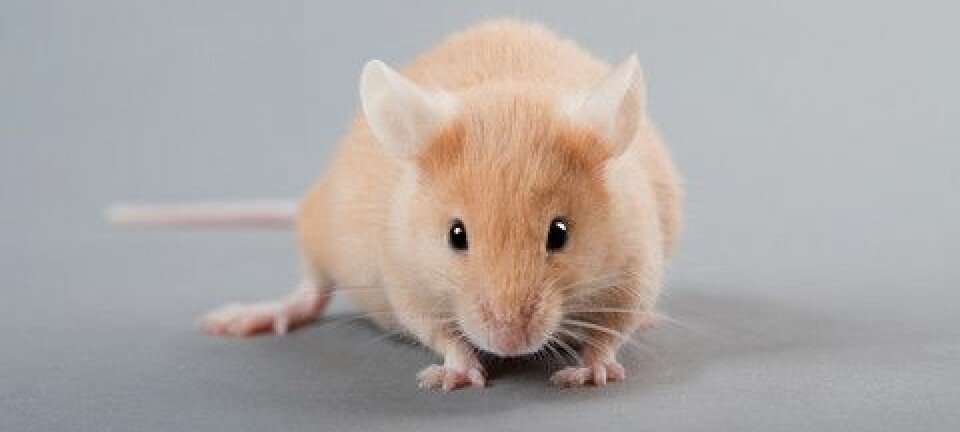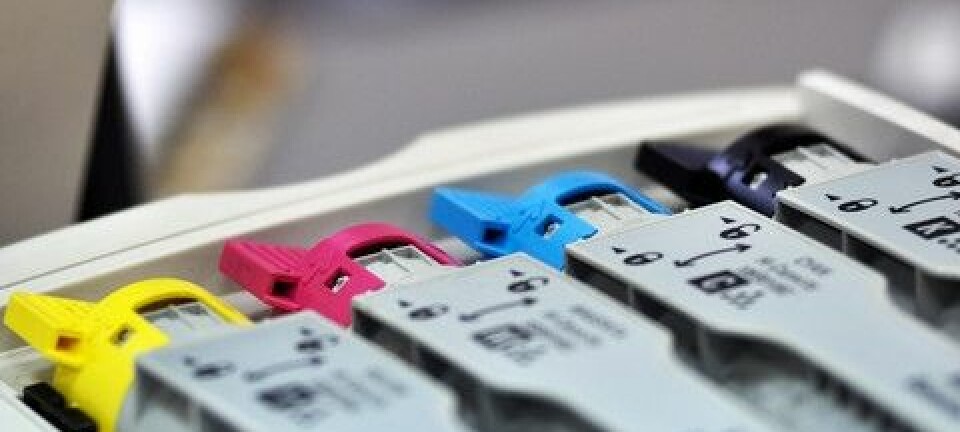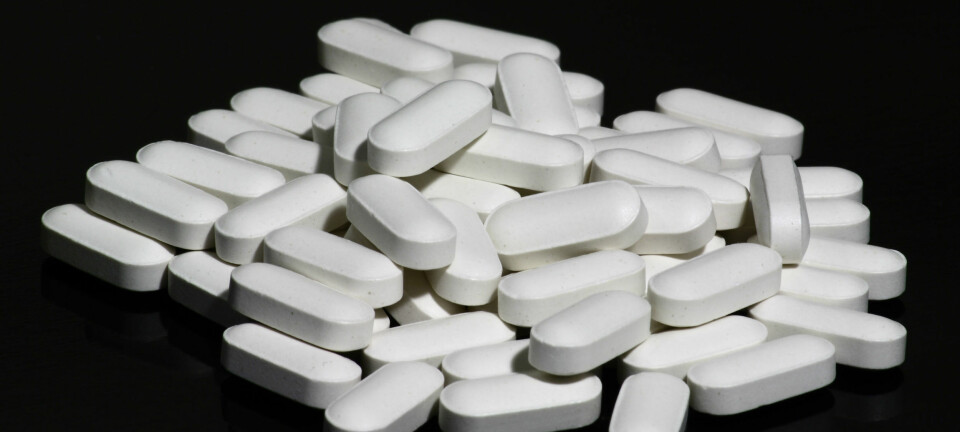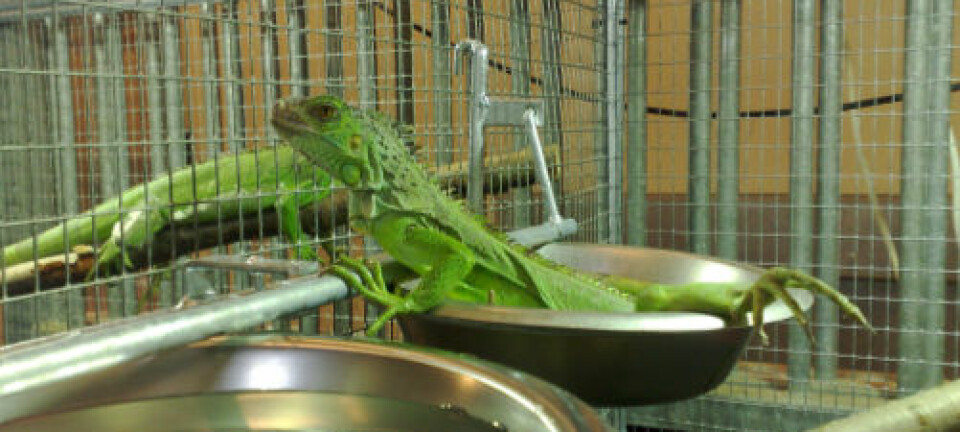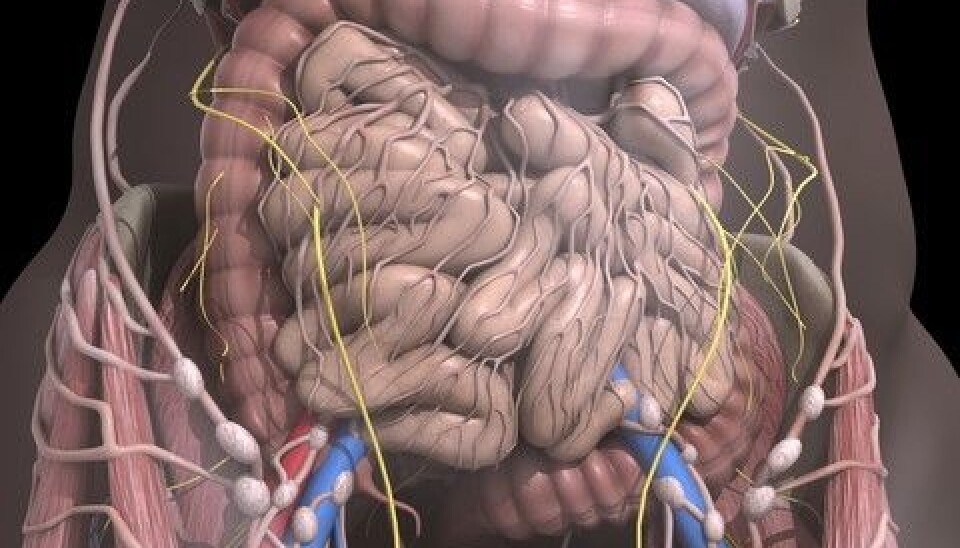
Our intestinal bacteria have national characteristics
The bacteria in our intestines are different depending on which country we live in. By examining national differences, researchers can learn more about why bacterial interference in our intestinal flora appear to trigger type 2 diabetes in some people.
National differences between people are not restricted to appearance and behaviour. Deep in our intestines live trillions of bacteria, which also differ according to which country we’re from.
Now a Danish-led project sets out to compare the characteristics of Indian intestinal bacteria with their Danish counterparts.
“A Dane’s intestinal bacteria differ greatly from those of a Chinese person. This may be due to the difference in diet, or it may be because of differences in our hereditary material,” says project leader Oluf Borbye Pedersen, the scientific director at the Novo Nordisk Center for Basic Metabolic Research at Copenhagen University.
Huge research team studies faeces
”It may also be that it’s a combination of genetic and environmental factors that determines which bacteria make their way into our bodies. Many Indians are vegetarians, so a large share of their intestinal bacteria is probably different from those in a majority of Danes,” says Pedersen.
By comparing the bacterial composition of the two nationalities, we’re hoping to find out whether it’s an increased incidence of certain bacteria or a lack of certain other bacteria that increases the risk of developing type 2 diabetes.
“By comparing the bacterial composition of the two nationalities, we’re hoping to find out whether it’s an increased incidence of certain bacteria or a lack of certain other bacteria that increases the risk of developing type 2 diabetes.”
Together with 1,500 research colleagues from around the world, Pedersen will be analysing intestinal bacteria from 450 Danes and 450 Indians.
The bacteria will be taken from the faeces of a group of healthy participants, a group that’s in the early stages of developing type 2 diabetes and finally a group of patients who already have diabetes.
Your bacteria make you who you are
The study comes after several animal tests, which indicate that our intestinal bacteria appear to play a crucial role in our health. The bacteria seem to affect our mental state, our weight, our risk of developing a long series of diseases, and it even looks as if they may help shape our personality.
The bacteria may control so many factors that you might end up doubting who you are. Are you who you think you are, or do your bacteria determine who you are?
“The bacteria may control so many factors that you might end up doubting who you are. Are you who you think you are, or do your bacteria determine who you are?” he asks rhetorically.
Our intestines house trillions of bacteria
Some of the innumerable bacteria in our intestines promote our health, while others are harmful.
Depending on how many we have of the one and the other kind, the animal studies have given the researchers reason to believe that the intestinal bacteria may contribute to a host of different diseases such as autism, schizophrenia, sclerosis, Parkinson’s, arthritis and diabetes.
“In our project, we’re focusing on type 2 diabetes, which is one of the most common lifestyle diseases in the world. We want to see if an altered bacterial flora can cause people to develop diabetes,” he says.
It’s a long and complicated process which requires sophisticated genetic engineering and extensive bioinformatics
“If this is the case, it’s conceivable that we could transfer certain health-promoting bacteria to those who are at risk and thus prevent them from developing type 2 diabetes.”
Faeces help people at risk
Dutch researchers recently experimented with transferring intestinal bacteria from healthy and slim people to people who are in the early stages of developing type 2 diabetes. The researchers simply transplanted faeces from the healthy to the unhealthy people.
”They took intestinal bacteria from healthy individuals and injected them into those who were in the early stages of type 2 diabetes,” says Pedersen. “The faeces passed through a pump in the nose down into the duodenum. After 30 minutes, the 250 grams of faeces made its way down into the intestines, where the bacteria establish themselves.”
The Dutch study showed that health-promoting bacteria from the healthy people’s faeces reduced the abnormalities in the unhealthy people’s insulin metabolism, at least temporarily.
”This study is very important because it shows that high-risk individuals can receive health-promoting bacteria from healthy individuals. But faecal transfusion is a provocative and unattractive form of treatment, so we would like to help find an alternative,” says Pedersen.
Indians adopt Western lifestyle diseases
Indians have a long vegetarian tradition, but the ever-growing presence of McDonald’s, Burger King and other Western wonders in the Indian cities has started a trend of eating more fatty foods.
Indians have also started spending a lot of time in front of their computers, just like we do in the West. A consequence of this is that many Indians are gaining weight, and the prevalence of diabetes in India has increased correspondingly.
”India has become a high-risk region in terms of diabetes, probably because the Indian diet has become fattier, at the same time as they are also experiencing the consequences of the sedentary society.”
A long process ahead
Pedersen therefore sees great potential in the new project, in which researchers from Denmark, India and China are working together to identify the characteristics of Indian and Danish intestinal bacteria based on their genetic imprint.
“It’s a long and complicated process which requires sophisticated genetic engineering and extensive bioinformatics.”
Pedersen and his colleagues have already found that Chinese people with type 2 diabetes have more pathogenic bacteria and fewer of the health-promoting bacteria, whose functions include the production of butyric acid.
This butyric acid from the health-promoting bacteria helps regulate our sugar metabolism and our sensation of hunger.
The researchers assume that these mechanisms play a part in the development of type 2 diabetes.
“We will now look into whether this only applies to the Chinese or whether it’s the same for other ethnic groups.”
-------------------------------
Read the Danish version of this article at videnskab.dk
Translated by: Dann Vinther
